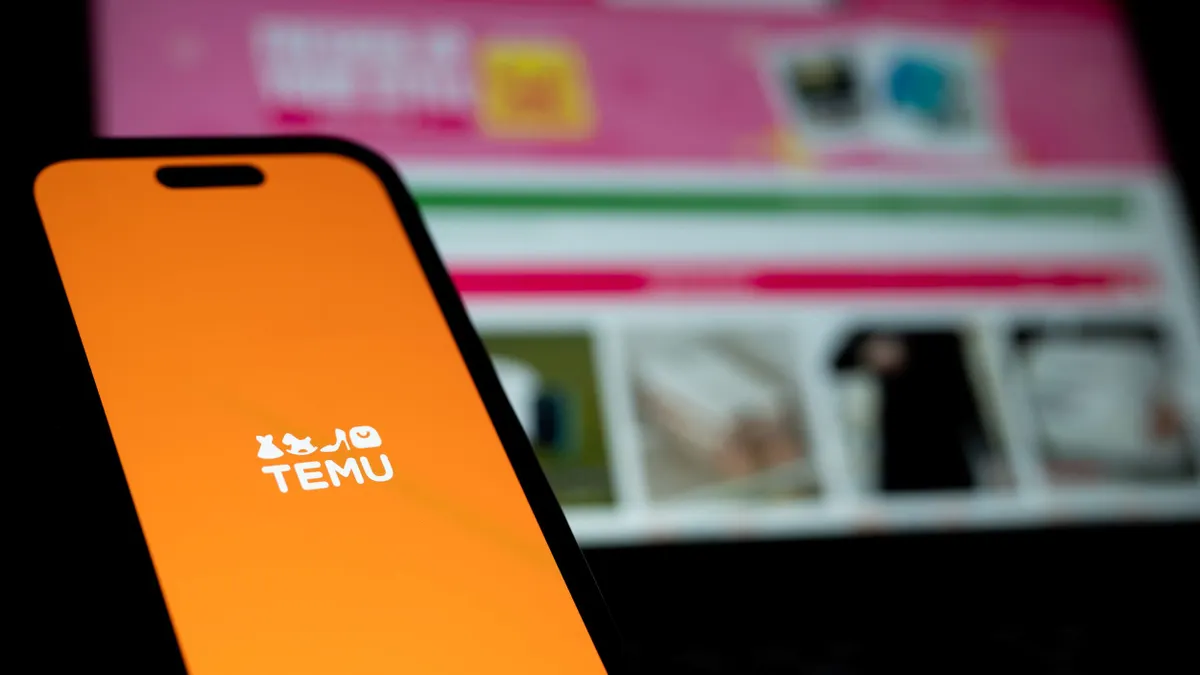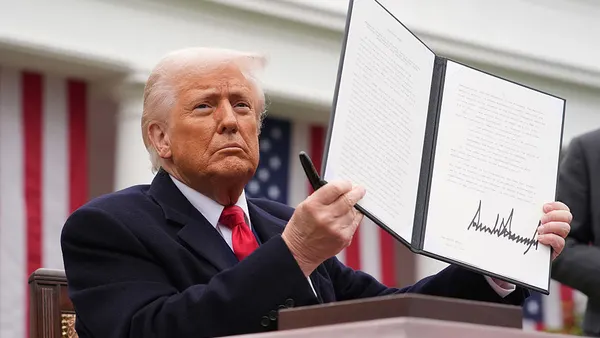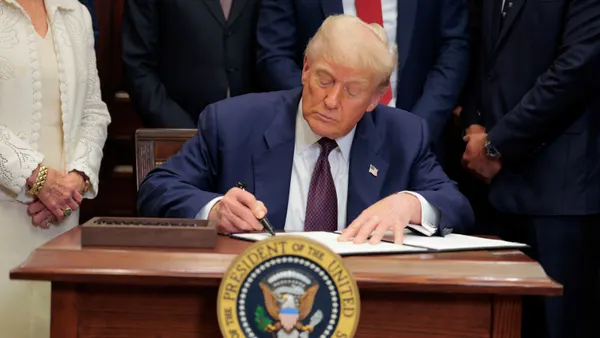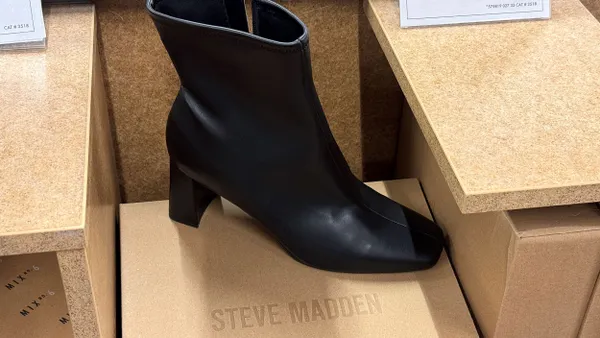Dive Brief:
- PVH has been added to China’s Unreliable Entity list, according to a U.S. securities filing Tuesday.
- The decision follows a months-long investigation into the Calvin Klein and Tommy Hilfiger owner. China’s Ministry of Commerce said PVH engaged in improper behavior related to an alleged boycott of cotton sourced from Xinjiang, a region of China where the country has been accused of illegally detaining more than 1 million Uyghur people.
- In the Ministry of Commerce’s own statement on Tuesday, it said the investigation found that PVH, along with DNA sequencing company Illumina, took discriminatory measures against and damaged the legitimate rights and interests of China-based companies. The Ministry didn’t provide further detail on how.
Dive Insight:
China launched its investigation into PVH in September 2024, saying the company violated normal market trading practices and that the alleged PVH cotton boycott was without factual basis.
PVH said it didn’t yet know what measures the Ministry of Commerce would impose as a result of the designation, according to the 8-K filing. Potential measures could include monetary fines, restrictions in importing and exporting related to China and restrictions on making investments in China.
In a Wednesday email to Fashion Dive, a PVH spokesperson said the company was surprised and deeply disappointed in the decision.
“In our 20 years of operating in China and proudly serving our consumers, as a matter of policy, PVH maintains strict compliance with all relevant laws and regulations and operates in line with established industry standards and practices,” the spokesperson said. “We will continue our engagement with relevant authorities and look forward to a positive resolution.”
Cotton sourcing in Xinjiang is a prevalent issue in the fashion industry, and the region has been subject to multiple U.S. laws and regulations related to forced labor allegations and concerns. In some cases, the U.S. has launched investigations into companies that potentially source from the region.
Approximately 6% of PVH’s 2023 revenue was generated in China, CEO Stefan Larsson said during the company’s most recent earnings call. At the time, Larsson said the company was committed to continuing to drive its business forward in the country.
It’s unclear why PVH was singled out when there are many other American and European firms that generate more revenue in China than PVH, David Swartz of Morningstar Research Services told Fashion Dive last month. He added that if PVH was forced to pull out of China, trade relationships between the U.S. and China could get even worse.
PVH and Illumina were added to the Unreliable Entity list on the same day China announced additional tariffs on certain U.S. imports. The duties came in response to U.S. President Donald Trump’s 10% tariffs on China announced over the weekend.
The recent tariffs that China and the U.S. set for each other could impact the fashion industry as a whole because the country remains a large fashion producer, despite many companies moving away from directly importing goods from the region over recent years. The trade relations could cause bigger problems for American companies in China if the Chinese government hits them with additional sourcing restrictions, Swartz said.











